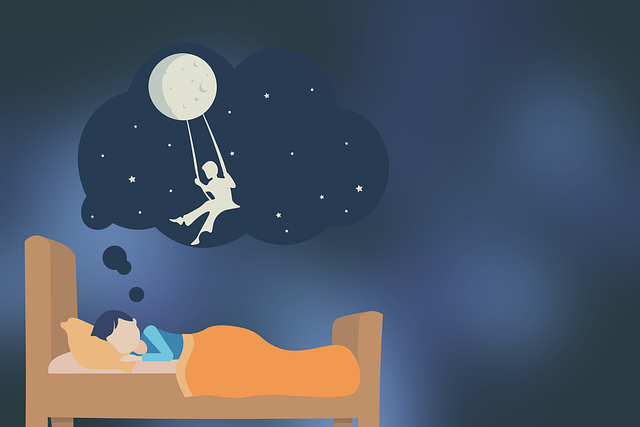While 1500 mg of melatonin may significantly improve sleep quality, reduce jet lag, and offer anti-inflammatory benefits, it's not suitable for everyone. High doses can cause side effects like grogginess and disrupt circadian rhythms. Always consult a healthcare professional before taking such doses to ensure safety and efficacy, especially with pre-existing medical conditions or medication interactions. Dosage should be tailored to individual needs, factoring in bedtime routines and lifestyle.
“Discover the power of 1500 mg melatonin—a powerful natural supplement that could transform your sleep. This comprehensive guide delves into the world of melatonin, a hormone vital for regulating our circadian rhythms. While a higher dosage like 1500 mg offers potential benefits, it’s crucial to explore its effects and consider risks. From improving sleep quality to its impact on health, this article provides insights into navigating the realm of high-dose melatonin use, ensuring you’re informed before taking steps towards better rest.”
- Understanding Melatonin: The Hormone and Its Role in Sleep
- Exploring the Effects of 1500 mg Melatonin Dosage
- Potential Benefits, Risks, and Considerations for High-Dose Melatonin Use
Understanding Melatonin: The Hormone and Its Role in Sleep

Melatonin, a hormone produced by your pineal gland, plays a pivotal role in regulating sleep-wake cycles and promoting healthy sleep patterns. Often referred to as the ‘sleep hormone’, its primary function is to signal to your body that it’s time to wind down and prepare for rest. Levels of melatonin naturally rise in the evening, making you feel drowsy, and then decrease during the night as you progress through different sleep stages.
When you consider taking 1500 mg of melatonin, it’s essential to understand its potential impact on your body’s natural rhythm. While higher doses can induce sleepiness, they may not necessarily improve sleep quality or duration in everyone. Effective use of melatonin often involves finding the right dose for individual needs, considering factors like bedtime routine, lifestyle, and any underlying sleep disorders. Consulting a healthcare professional before taking significant doses is advisable to ensure safe and effective management of sleep-related issues.
Exploring the Effects of 1500 mg Melatonin Dosage

Taking 1500 mg of melatonin is a significant step into exploring the potential benefits of this hormone-like supplement. Melatonin, naturally produced by our bodies, plays a crucial role in regulating sleep cycles and maintaining overall circadian rhythm health. At such a high dosage, it’s important to understand that melatonin interacts with various physiological processes, making its effects multifaceted. Research suggests that 1500 mg could significantly enhance sleep quality, reduce jet lag symptoms, and even offer potential anti-inflammatory benefits.
However, this robust dose may not be suitable for everyone. Individuals with certain medical conditions, pregnant or nursing women, and those taking other medications should exercise caution due to the possible side effects or interactions. Exploring the 1500 mg melatonin dosage is a journey into uncharted territory for many, requiring careful consideration of personal health profiles and professional guidance to harness its potential without adverse consequences.
Potential Benefits, Risks, and Considerations for High-Dose Melatonin Use

When considering 1500 mg melatonin, it’s crucial to balance potential benefits against risks and make informed decisions. High-dose melatonin may offer advantages for those struggling with sleep disorders or jet lag, as it can help regulate the body’s internal clock more effectively. Research suggests that such doses could enhance sleep quality, reduce fatigue, and improve overall restfulness.
However, 1500 mg melatonin use isn’t without considerations. Excessive melatonin can lead to side effects like grogginess, headaches, and disrupted circadian rhythms. It may also interact with certain medications or underlying health conditions. Individuals with hormone-sensitive cancers, liver disease, or those taking blood thinners should exercise extreme caution as high melatonin levels could potentially exacerbate these issues. Always consult a healthcare professional before attempting high-dose melatonin therapy to ensure safety and efficacy tailored to your specific needs.
In conclusion, while 1500 mg of melatonin may offer potential benefits for sleep and certain health conditions, it’s crucial to approach high-dose melatonin use with caution. As explored in this article, the effects can vary greatly from person to person, and there are risks involved, including next-day grogginess and potential hormone disruption. Always consult a healthcare professional before trying such a high dosage, as they can provide personalized guidance based on your specific needs and health history.

